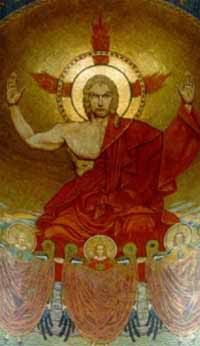Inquisition

The four-part American-made series, which begins tonight on the UKTV History Channel, is based at least in part on archives which the Vatican only formally opened to scholars in 1998, though church records from other parts of Europe of such events as the notorious trial of the astronomer Galileo have long been published. The revelations drawn from the church's meticulous recording of its persecutions have forced officials on to the back foot, leaving them claiming that its behaviour in the campaigns to root out error and unorthodoxy, during which many thousands of people were tortured and killed, were really not too bad, or at least only in keeping with the standards of prosecution of the time. Kings and Protestants were also enthusiastic torturers.
Di Noia told the documentary makers: "It is a mistake to torture people. However, torture was regarded as a perfectly justified, legitimate way of producing evidence and it was therefore legally justified. Killing people over ideas, generally speaking, seems to us not to be a very good idea after 2,000 years of history ... and generally we disapprove deeply of this kind of purgation, but it seems to me it is possible to understand it within the context of its times and also to understand it within the sociology of religion, how communities react to threats which they regard to be dire or fatal."
Prof Borromeo says surviving documentation indicates just a small minority of heretics were executed, because only the truly unrepentant were burned at the stake. There were rules about punishments according to age and sex and limits to the length of torture. Torture and execution were always carried out by the secular authorities, not church officials.
Prof Borromeo thinks it is too late to change the image of the Inquisition, even though he thinks the correct picture of its activities has now emerged. "You cannot project backwards our modern morality to a society which did not know toleration, in politics as well as religion. Even one death for heresy is a problem."
At the rising speed that culture is changing, it seems nearly impossible
anymore to understand history in context. After all, we only dimly remember the
personal examples of what it means to be a man or a woman. "Projecting
backwards" is weak minded, but the work to overcome the distance is ever more
challenging.
Made in USA, but showing in UK. I hope the series comes here soon.




0 Comments:
Post a Comment
<< Home